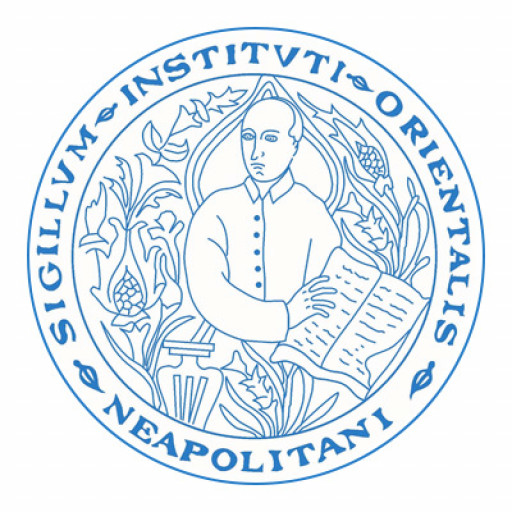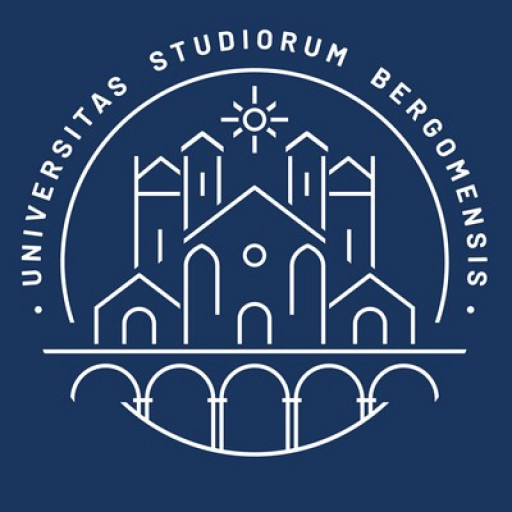Photos of university / #ucl
The MSc in Comparative Literature at University College London offers students a unique opportunity to explore literary cultures across the world through a multidisciplinary and innovative approach. This programme is designed for those who are passionate about understanding the interconnectedness of literary traditions, artistic expressions, and cultural histories from different regions and periods. With a focus on comparative analysis, students will examine texts, theories, and contexts to gain a deeper appreciation of how literature shapes, reflects, and challenges societies. The programme provides rigorous training in close reading, critical theory, and interdisciplinary methodologies, empowering students to develop analytical skills applicable to a broad range of academic and professional pursuits. Through core modules and optional courses, participants will engage with topics such as translation studies, postcolonial theory, gender and sexuality, visual culture, and digital humanities, fostering a comprehensive understanding of the global literary landscape. The programme emphasizes both historical perspectives and contemporary issues, encouraging students to critically assess the role of literature in social and political contexts. Research seminars and a dissertation project allow students to specialise in areas of particular interest, supported by expert faculty members renowned for their contributions to comparative literature. The MSc in Comparative Literature prepares graduates for careers in academia, publishing, cultural management, and beyond, equipping them with essential skills in research, communication, and intercultural dialogue. This programme is ideal for individuals seeking a vibrant intellectual environment, where they can cultivate their critical thinking and intercultural awareness while engaging with diverse literary traditions.
Students develop a thorough understanding of modern theories of literature, the contexts of literature and the interaction between literatures, and gain practical experience in comparative literary studies. The programme also develops the critical and analytical skills necessary for research in this field.
Students undertake modules to the value of 180 credits. There are two pathways through the programme: taught and research.
Taught: two core modules (60 credits), two optional modules (60 credits), and a dissertation (60 credits). Research: two core modules (60 credits), one optional module (30 credits), and a dissertation (90 credits).
Core modules
- Modern Literary Theory
- Comparative Literary Studies
Optional modules
Options may include the following:
- Revolutions in Literature: Writing China's Twenthieth Century
- Apocalypse Literature
- Consumer Culture in Literature
- Readings in Twentieth Century Chinese Literature and Culture: Family, Childhood, Gender
- Performance, visual media and popular culture in Africa
- Theoretical Issues in history and Literature
- Language, Culture & History
- Topics in Cultural Studies
- Translation Studies
- Comparative Medieval literature
- Literary and Cultural Theory
- All Quiet on the Eastern Front: Culture, Politics, and Everyday Life in Central and Eastern Europe from Stalin to Present
- Literatures of Rupture: Modernism in Russia and Eastern Europe
- Modern Chinese Literature in Translation
- Introduction to Hermeneutics: How to Read and Interpret Texts
Dissertation/report
All students undertake an independent research project which culminates in a dissertation of 12,000 words (taught pathway) or 18,000 words (research pathway).
Teaching and learning
Teaching and supervision are organised on an interdepartmental basis. Teaching sessions are envisaged as interactive, with a limited amount of lecturing and an emphasis on student participation and critical discussion. Assessment is based on a combination of shorter and longer essays and the dissertation.
A minimum of an upper second-class Bachelor's degree in a relevant discipline from a UK university or an overseas qualification of an equivalent standard.
The financing options for the Comparative Literature programme at University College London are designed to support both domestic and international students in funding their studies. Students are encouraged to explore a variety of financial support schemes, including scholarships, bursaries, and student loans, to assist with tuition fees and living expenses throughout their course duration. UCL offers a range of merit-based scholarships for exceptional students, which may cover partial or full tuition fees. These are highly competitive and require application through the university’s dedicated scholarship portal. Additionally, the university provides funding opportunities for postgraduate students, including awards specifically aimed at students pursuing studies in the Humanities and Arts disciplines. International students are advised to investigate external funding bodies and governmental scholarship schemes that support study abroad programs.
Students may also consider applying for government-backed student loans available in their home country, which can be used to finance UCL tuition fees and living costs. UCL’s financial aid office provides comprehensive guidance on available funding options, eligibility criteria, application procedures, and deadlines. It is recommended that prospective students start their financial planning early and consult with university financial advisors to understand the most suitable funding sources. For students from lower-income backgrounds, UCL offers various bursaries and grants aimed at reducing financial barriers to accessing higher education. Furthermore, certain departments may have dedicated funding opportunities related specifically to the Comparative Literature programme, including research grants or teaching assistantships. Overall, securing financing for the Comparative Literature course at UCL involves a combination of university scholarships, external funding, and personal or family contributions, with thorough planning advised to ensure full financial coverage for the duration of the programme.
Comparative Literature at University College London offers an interdisciplinary approach to the study of literature, culture, and the arts across various historical periods, geographical regions, and languages. The program is designed to develop students' critical thinking, analytical skills, and cultural awareness by engaging with texts and ideas from different traditions and contexts. Students explore themes such as identity, representation, power, and modernity through comparative analysis, examining works from Europe, Asia, Africa, and the Americas. The curriculum combines close reading of literary texts with theoretical and cultural studies, encouraging diverse methodologies including literary theory, cultural studies, translation studies, and media analysis.
The program emphasizes language competence, providing opportunities to study texts in original languages, which enhances students’ understanding of cultural nuances. Students can select from a wide range of modules covering topics like postcolonial theory, gender studies, translation, film, and digital media, which allows customization according to individual interests and career goals. The teaching staff includes specialists from various fields who contribute to a dynamic learning environment. Teaching methods include lectures, seminars, workshops, and student presentations, fostering active participation and scholarly development.
The degree prepares students for various careers, including publishing, journalism, diplomacy, international relations, academia, and cultural management. Graduates benefit from UCL’s extensive library resources, research centers, and global academic networks. The program may also offer opportunities for study abroad exchanges and research projects, promoting international perspectives. Assessment is typically through essays, presentations, projects, and examinations. Overall, Comparative Literature at UCL provides a rigorous, engaging, and globally oriented education for students passionate about understanding the interconnectedness of world literatures and cultures.










